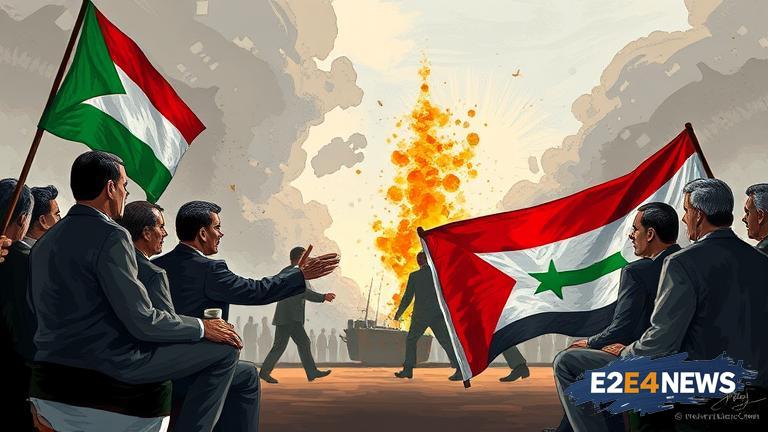The latest round of truce talks aimed at ending the conflict in Gaza has encountered significant obstacles, primarily stemming from disagreements over the terms of withdrawal. The negotiations, which have been ongoing for several weeks, were initially seen as a promising step towards achieving a lasting peace. However, the recent stalemate has raised concerns that the violence could escalate once again. At the heart of the dispute is the issue of withdrawal, with both sides presenting differing views on the timing and extent of the pullout. The Israeli government has insisted that any withdrawal must be conditional on the disarmament of militant groups in Gaza, a demand that has been met with resistance from Palestinian leaders. Meanwhile, Palestinian officials have called for a complete and unconditional withdrawal of Israeli forces, arguing that this is essential for restoring sovereignty and ensuring the safety of civilians. Despite the challenges, diplomats from both sides have expressed a commitment to continuing the talks, acknowledging that a negotiated settlement is the only viable path to peace. The international community has also weighed in, urging both parties to remain at the negotiating table and to work towards a mutually acceptable agreement. The United States, in particular, has played a key role in facilitating the talks, with officials shuttling between the two sides in an effort to broker a deal. As the negotiations continue, there are growing concerns about the humanitarian situation in Gaza, where thousands of people have been displaced and are in urgent need of assistance. The United Nations has warned of a looming crisis, citing severe shortages of food, water, and medical supplies. In response, aid agencies have launched emergency appeals, seeking to raise funds and mobilize resources to support those affected by the conflict. Despite these challenges, there are still hopes that a breakthrough can be achieved, potentially paving the way for a more comprehensive peace agreement. Such an outcome would not only bring relief to the people of Gaza but also have significant implications for the broader region, potentially helping to reduce tensions and promote stability. The path ahead will undoubtedly be difficult, requiring compromise and flexibility from both sides. Yet, given the devastating consequences of the conflict, there is a growing recognition that a negotiated settlement is not only desirable but essential. As the talks resume, all eyes will be on the negotiators, hoping that they can find a way to overcome their differences and forge a lasting peace. The coming days and weeks will be critical, as the parties work to address the outstanding issues and reach a mutually acceptable agreement. Ultimately, the success of these efforts will depend on the ability of the parties to put aside their differences and work towards a common goal, one that prioritizes the needs and aspirations of the people of Gaza and the region as a whole.
